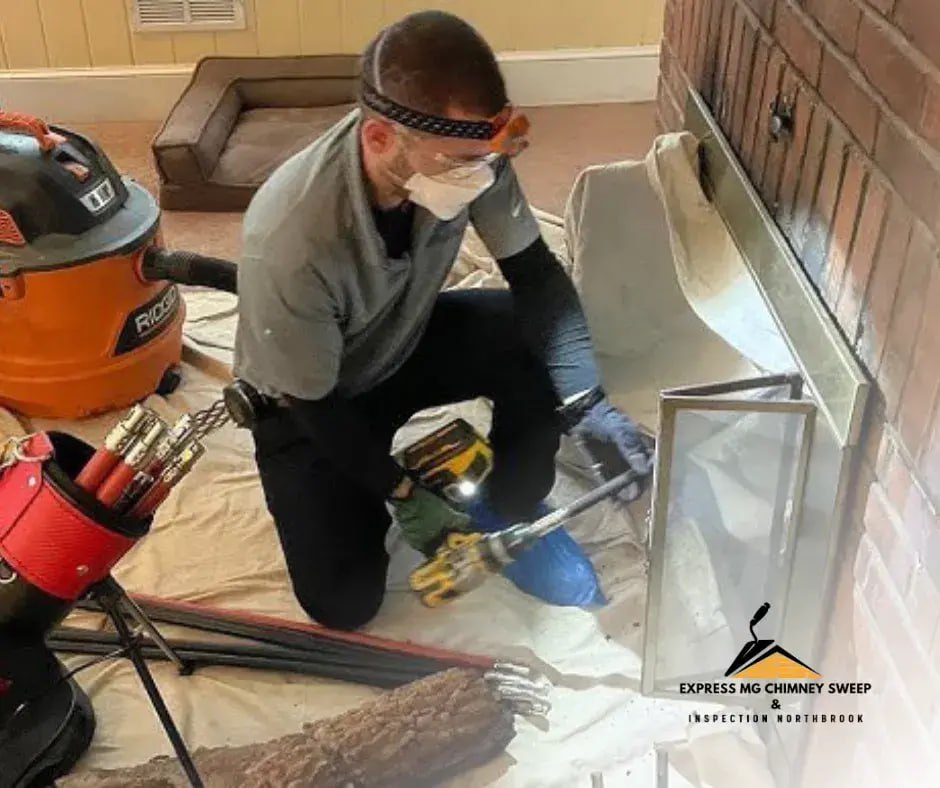The Connection Between Chimneys and Air Quality
A well-maintained chimney plays a critical role in safeguarding your home’s air quality. Over time, chimneys accumulate creosote, soot, and other debris, which can obstruct airflow and release harmful particles into the air. These contaminants not only affect the efficiency of your fireplace but also compromise indoor air quality, leading to potential health risks. Addressing this buildup through regular chimney cleaning ensures cleaner air and reduces exposure to irritants like carbon monoxide.
Scheduling a chimney inspection at least once a year is essential for identifying hidden issues such as cracks, blockages, or structural damage. These problems can cause harmful gases to seep into your living space, affecting the air you and your family breathe daily.
Why Annual Chimney Cleaning is Non-Negotiable
Annual chimney cleaning isn’t just about keeping your fireplace looking tidy; it’s a vital step in maintaining a safe and breathable indoor environment. Soot and creosote buildup, when left unchecked, increase the risk of chimney fires and air pollution inside your home. By removing these deposits, you allow your chimney to function as a proper ventilation system, directing smoke and toxins safely outside.
Another often-overlooked benefit of regular maintenance is the prevention of mold and mildew. Moisture trapped in unclean or damaged chimneys can lead to fungal growth, which further degrades air quality and poses health hazards. Hiring a professional for a chimney inspection ensures a thorough assessment of these risks, helping you maintain a healthy home environment.
Additional Steps to Boost Air Quality
Beyond regular maintenance and inspections, there are other steps you can take to enhance your home’s air quality. Installing chimney caps, for example, prevents debris, rain, and small animals from entering your chimney, reducing the likelihood of blockages. Proper sealing and insulation of your fireplace also minimize drafts and prevent pollutants from circulating indoors.
Moreover, using seasoned hardwoods as fuel produces less smoke and reduces creosote buildup. Coupling this practice with routine chimney sweeps ensures that your fireplace operates efficiently, contributing to cleaner air in your home. Don’t underestimate the importance of periodic chimney inspections, as they uncover issues early, preventing costly repairs and safeguarding your indoor air quality.
By committing to proactive chimney care, you’re taking a vital step toward ensuring a healthier, safer, and more comfortable living environment for your family.
Read More:
The Role of Routine Chimney Checkups in Ensuring Optimal Performance

